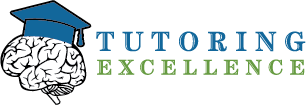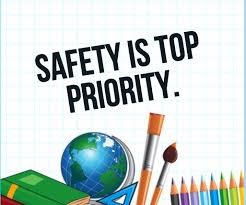Identifying Reading Issues in Your Child
Many parents believe that their child began learning to read around first grade. This misconception is promoted because curriculum in the United States for first grade make a leap from phonemic awareness straight to phonics. However, experts agree that children begin learning the fundamentals of reading early in life by pairing pictorial images with printed words. The development of your child will also be a factor in their learning to read.
Your child, as early as pre-kindergarten, can be reading. Most children will start reading by kindergarten and others may begin by first grade. As a parent it is important to read with your child daily and look for potential signs of reading deficiencies:
- Poor spelling skills
- Difficulty completing assigned skills on time
- Poor Grades – Reading skill deficiencies can appear in math class because of word recognition problems.
- Standardized test scores below grade level.
- Statements like, “I do not understand”, “I can’t do it”, “I do not know what [teacher] is asking for.”, “I am slow at reading”, or “I have to sound it out letter by letter and when I get done, I do not know what I was sounding out.”
If fundamental reading deficiencies are not identified with early detection, your child’s learning development will be hampered. These deficiencies will appear in third grade where the curriculum in the United States shifts from students learning to read to students reading to learn. Teachers from third grade on expect students to glean understanding from reading passages, tests, and quizzes. When more classwork becomes reading centered, students must recall and retain information through their reading skills in every subject. Additionally, these tests and quizzes often begin being weighted higher than homework or assignment tasks around third grade which can punish less developed readers. Here are ways parents can identify these type of reading deficiencies in their children.
- Develop a relationship with your child’s teacher so they can tell you about any potential reading problems they see.
- Attend parent teacher conferences and directly ask your child’s teacher about your child’s reading skills.
- Read with your child and see if they have issues, such as not being able to recall information they just read.
- Time spent on homework drags on with little progress or the student reads very slowly.
- Your child is struggling with science, history or math.
If you identify your child is struggling with reading, there is good news. Every child can learn to read with the right instruction. By improving your child’s reading fundamentals your child will find success in every subject; will develop a better vocabulary, spelling, grammar, writing skills, and critical reading skills which will assist them throughout their academic journey.
Don’t wait, give Tutoring Excellence a call today and learn how we can assist your child. Let us assist you by creating an individualized instruction plan to help your child become a proficient and successful reader.












